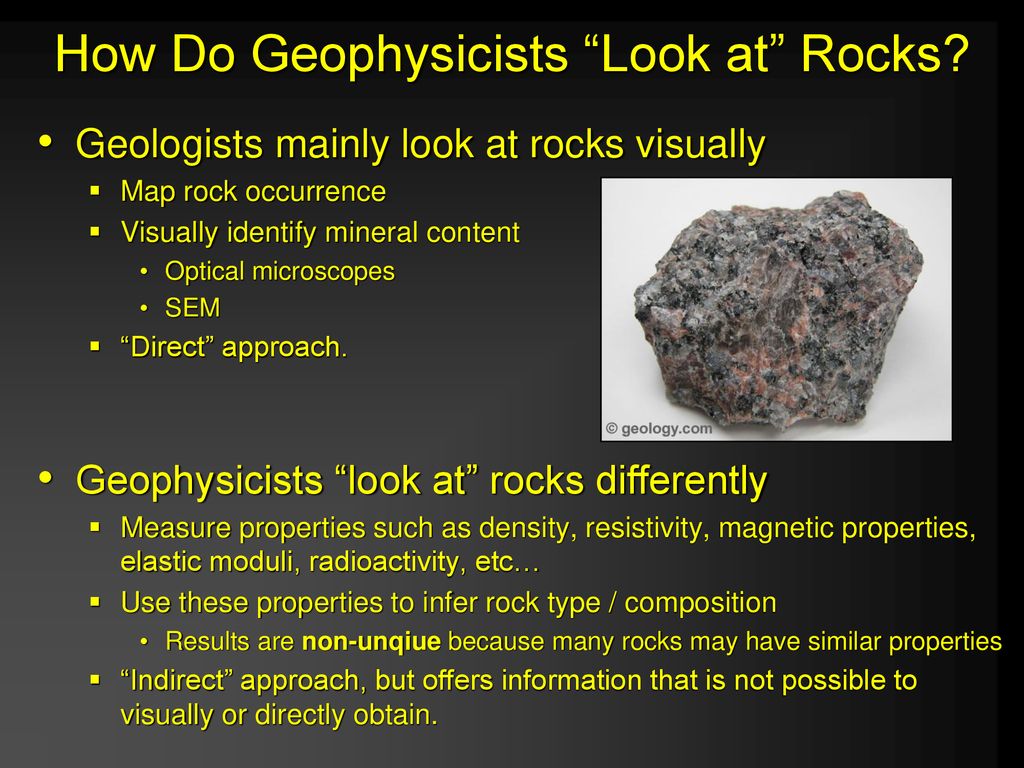All Categories
Featured
Table of Contents
Geophysicist Jobs in Iluka WA 2022
This work is progressively contracted out, so consultancies provide another source of employment. Consultancy companies differ in size, from very small companies to large multinationals. Some consultancies are rather specialised in using particular geophysical methods or operating in specific places, while others offer a more diverse series of services to their customers.
The extraction of gas from land fill websites is another location of work and this might grow in the future. Expedition companies may carry out work for building firms, water business, mining business and environmental companies, so geophysicists may be utilized in any of these settings. Other companies include: geological surveysgovernment bodies and agenciesuniversities and research study institutes.


Vacancies may be noted in the oil and gas sector press. Recruitment is impacted by oil price fluctuations and the level of competition for positions differs depending on this. Professions Days, which cover the full range of geoscience professions and are normally attended by a variety of crucial market employers, are run by The Geological Society.
Bsc Geophysics in Swanbourne Australia 2020
Some of the large oil and gas companies use a full two-year structured training program throughout the breadth of geophysics, including the chance to experience work in different groups before specialising in one location. Your training might consist of deal with: existing wellsmagnetic and gravitational possible field data analysisresearchrock analysis. However, it's more usual for your preliminary training to be supplied on the task.

There might be a probationary period throughout which you work along with a knowledgeable associate. Competency-based appraisals occur routinely in the majority of firms. In smaller firms, and for academic posts, there is not likely to be any official training - you'll be expected to start work straightaway and pick up abilities as you go along.
If you work for a smaller business, you may discover that you need to take obligation for arranging and funding your own development and training. If you have a geology degree, subscription of The Geological Society can be helpful for networking and for keeping up to date with the industry.
Working As A Geophysicist And Oceanographer In Canada in Kalamunda Oz 2022
You may likewise discover it useful to join the PESGB (The Petroleum Exploration Society of Great Britain, which has a geophysics special interest group. After a probationary duration, and as soon as you have actually gotten some experience, you might progress to senior geophysicist, then team leader and after that into a senior function in management.
The ease of motion between functions depends upon the company structure. Study at Masters or Ph, D level in a subject related to geophysics or geosciences might assist with your profession advancement and progression. The work market within the oil and gas industry is very based on cost and this may impact your chances for career progression.
Not all jobs are dependent on the oil and gas industries. For experienced geophysicists, freelance consultancy provides a good route for career advancement. You can also specialise in a specific area of geophysics. As a geophysicist, you're most likely to have numerous jobs throughout your working life. International mobility is essential for dealing with peaks and troughs in different nations at different times.
What Is Geophysics? in Willetton Western Australia 2020
From geophysics, it's possible to concentrate on seismology (finishing further training to end up being a seismic interpreter) or to move into associated areas such as engineering geology or threat prediction.
Choosing what to study in college is a hard option. Even if you know that your field of interest lies in science, what program of study is right for you? If you make the decision to major in physical and life sciences and pursue a profession as a geophysicist, you're getting ready for an interesting and rewarding profession.
The first step to achieving your goal of becoming a geophysicist is earning a degree. Even for entry-level positions in the field of geoscience, you'll need a bachelor's degree (a geophysicist college degree) from an accredited college or university. Some research positions require candidates to hold master's degrees and even Ph.
Geophysicist Job Description in Rivervale WA 2022
Doctoral degrees are particularly crucial if you prepare to teach at a four-year organization. Geophysicists apply physics concepts and strategies to study the gravitational, magnetic, and electric fields of the earth. This enhances scientists' knowledge of both the planet's interior core and its surface area. Geophysicists should be able to: analyze rocks, photos, and other pieces of data carry out research study both in the field and in laboratories produce maps and charts of their findings compose reports To achieve all this, students need a specialized education for geophysicist professions.
As stated above, you'll require a bachelor's degree in geoscience or an associated discipline, such as a physical science or a natural science, to land an entry-level job. Students can also prepare by majoring in subjects like: Biology Chemistry Computer science Engineering Mathematics Physics The above geophysicist majors use a more generalized approach to a single scientific discipline, but most programs require students to take one or more geology course.
Latest Posts
Geophysicist Job Description in Guildford Aus 2023
Marine Geophysical Surveying - in Maddington Aus 2023
Geophysical Survey - Suffolk Heritage Explorer in Millendon WA 2023